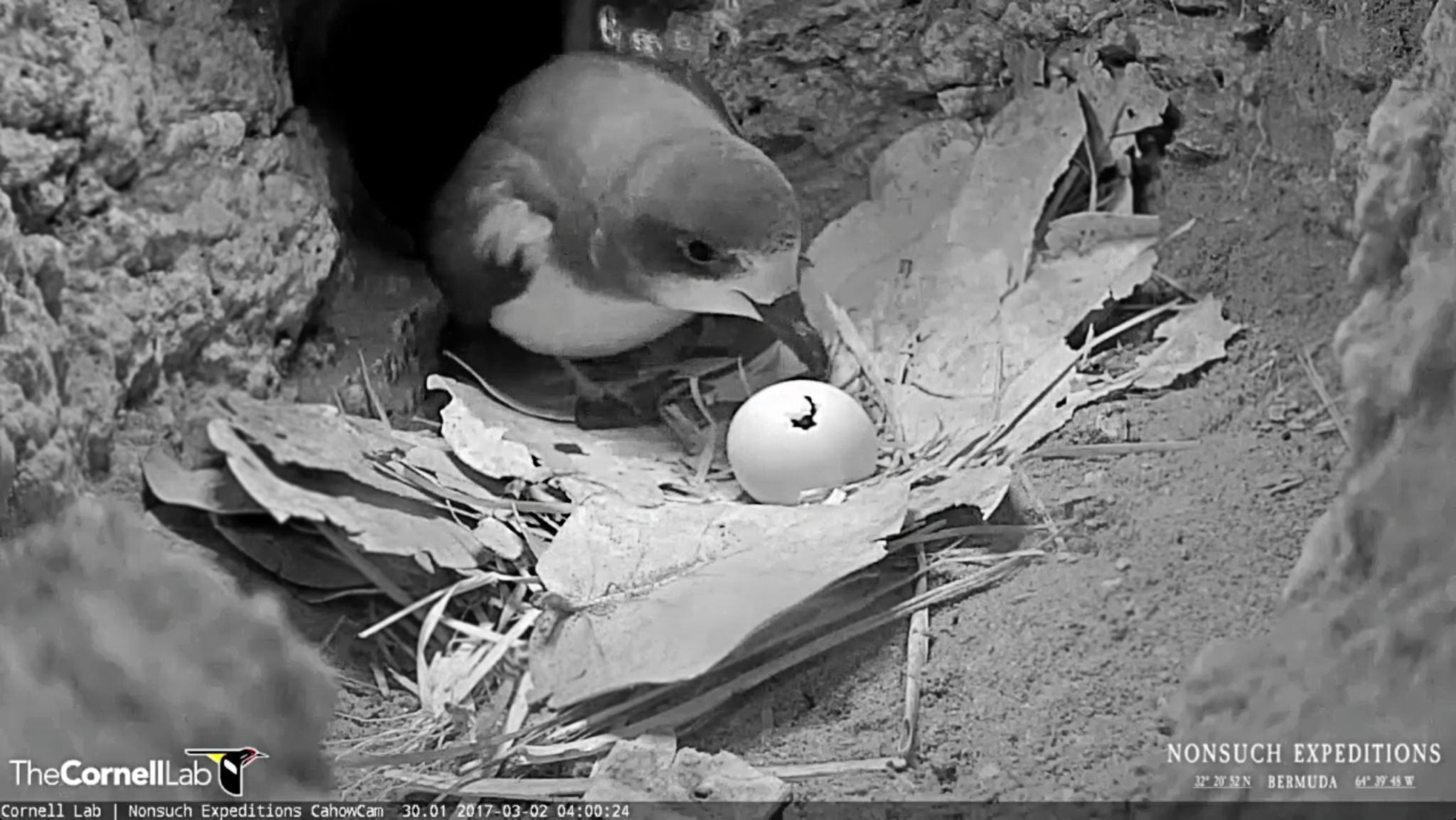OLYMPIA – Pests looking to make their homes in Washington’s urban forests may now face a stronger defense, thanks to a new resource released recently by the state’s Invasive Species Council.
The Washington State Urban Forest Pest Readiness Playbook, published in partnership with the Washington State Department of Natural Resources (DNR), contains guidelines that towns, cities, counties and urban forestry programs can follow to address the threat of forest pests, which are estimated to cost local governments across the country an estimated $1.7 billion each year.
“We have a forest health crisis in Washington, and invasive pests are a real threat to our vulnerable trees,” said Hilary Franz, Commissioner of Public Lands. “This playbook is just one in a series of unprecedented actions we are taking to protect and strengthen our forests. Local jurisdictions will be on the front lines of an invasive pest attack, which is why we are equipping them with tools like this to ensure they are best able to protect urban forests. From cities and towns to our forests, this is part of DNR’s ‘all lands, all hands’ approach to forest stewardship in Washington.”
The playbook contains self-assessments and recommended actions that communities can use to prepare for pest outbreaks.
“The goal is to close the gap in readiness and response capabilities between communities and state and federal responders,” said Justin Bush, executive coordinator of the Washington Invasive Species Council. “Our urban forests, from our tree-lined streets to our parks, not only support clean air, water and wildlife, they also help create inviting downtowns, boost our economy and well-being, and provide shade and a better defense against climate change. Making sure we’re all better prepared to protect these special places should a forest pest try and move in is critical and what this playbook is all about.”
Report Invasive Pests
Anyone who sees any invasive insects or signs of them, should take photographs and report the find online immediately, where they can access the reporting form or download the free WA Invasives mobile app. If the insect can be captured or collected, each county has a Washington State University Extension Office and Master Gardener Program that can help identify suspect insects.




